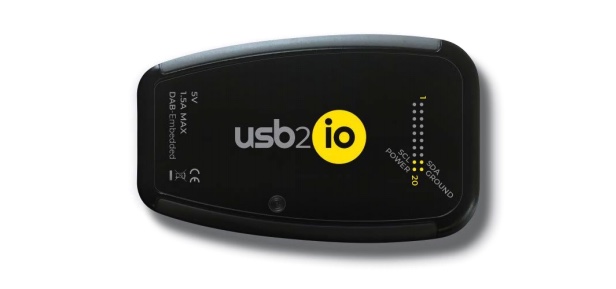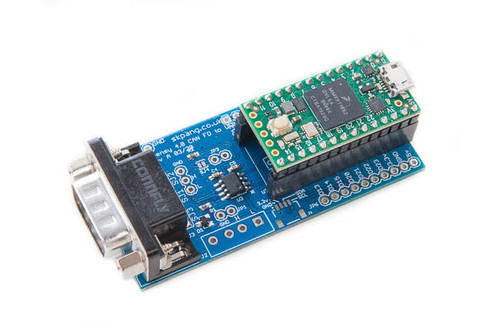Recent Posts
USB Device For I/O Testing And Prototyping Supports, Classical CAN, CAN FD, CANopen
Posted by on
DAB-Embedded introduced its USB2IO interface explorer, a device that connects USB to various I/O interfaces for prototyping and functionality tests of electronic devices with CAN, CAN FD, and CANopen interfaces.
The product combines a protocol analyzer, data-logger, communication interface, an embedded functional test platform, and basic signal generator. The device targets electrical engineers, firmware developers, enthusiasts, and engineering students to communicate with various breakout boards and functional hardware blocks. The product is suitable as a lab or production tool. It facilitates communication with electronics using the 29-bit extended frame format Classical CAN, CAN FD, CANopen, and other interfaces. The CAN Bus modules in USB2IO are compliant with ISO CAN FD (ISO 11898-1:2015) and non-ISO CAN FD (Bosch CAN FD specification 1.0).
Features
- 16-channel pattern generator
- Voltage range of 1.8 VDC to 3.3 VDC designed for powering external devices
- Automatic electronic functional testing
- Communication with host PC using USB HID device
- Transmitting data using ASCII or RAW protocol
- Upgradeable firmware for control modules
- Bootloader for firmware upgrade
- Supporting Python and C++ SDKs
- OS support, including Microsoft Windows OS, MacOS, and Linux
Teensy 4.0 CAN FD to USB Converter
This board uses the Teensy 4.0 as a CAN FD to USB converter. The Teensy 4.0 comes with a high-speed 480Mbit/s USB HS interface. The MCP2558FD CAN FD transceiver is rated up to 8Mbps with silent mode under control via software or hardware link.
The MCP2557/8FD is a Microchip Technology Inc. high-speed CAN transceiver/CAN Flexible Data Rate Transceiver with Silent Mode. The devices meet and exceed CAN FD specification requirements in addition to the latest Automotive OEM requirements.
The Teensy 4.0 features an ARM Cortex-M7 processor at 600 MHz, with a NXP iMXRT1062 chip. It can be programmed using the Arduino IDE with Teensyduino add-on.
 Loading... Please wait...
Loading... Please wait...


